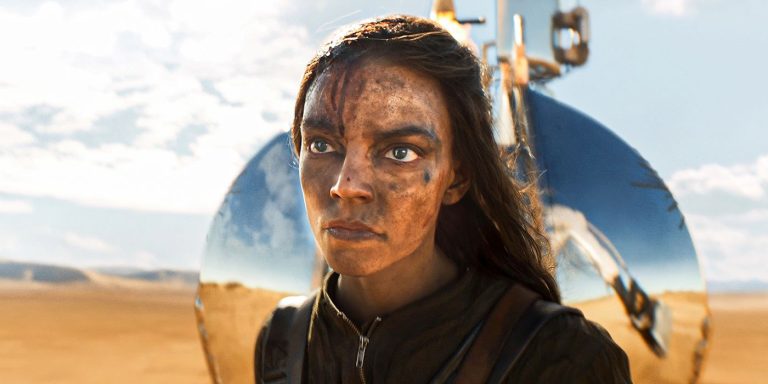Is “Deadpool and Wolverine” a Laughing Matter?

I love movies. They’re a form of art, a window into other worlds, and a reflection of our own. The interplay of light and shadow, the cadence of dialogue, the emotional arc of a character – these are the things that make cinema a truly magical experience. So, when I sat down to watch “Deadpool and Wolverine,” I was eager to immerse myself in this new cinematic universe.
The pairing of these two iconic characters, known for their sharp wit and lethal skills, promised to be a dynamic and entertaining ride.
However, as the credits rolled, I couldn’t shake a nagging sense of unease. The film, while undeniably funny, seemed to exist in a bubble, divorced from the complexities of the world we live in. In a time marked by political division, social unrest, and a growing awareness of issues like mental health and inequality, is a film that relies so heavily on crude humor and violence the right fit?
Don’t get me wrong, laughter is a powerful tool. It can bring people together, relieve stress, and even challenge the status quo. But when humor is used as a crutch, it can also serve as a distraction from more pressing issues.
Some might argue that escapism is exactly what we need in these turbulent times. But I believe that art, including film, has a responsibility to reflect the world around us, even when it’s painful or uncomfortable. It’s okay to laugh, but we should also be encouraged to think, to feel, and to challenge ourselves.
Of course, this is just one opinion. Perhaps the film’s target audience is simply looking for a mindless escape. Or maybe the humor is a clever commentary on our society that I’m too dense to appreciate.
Ultimately, the value of a film is subjective. But as we navigate an increasingly complex world, it’s important to consider the impact of the media we consume. Is it simply entertainment, or does it have the power to inspire, provoke, and ultimately, make us better people?







